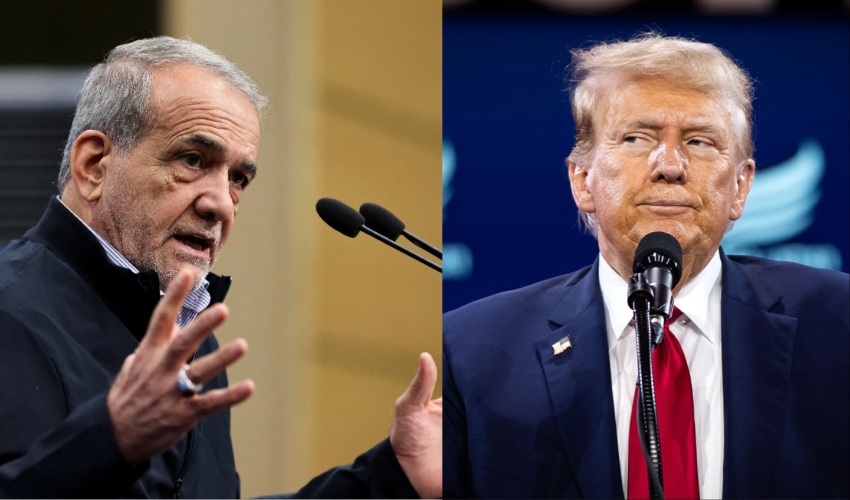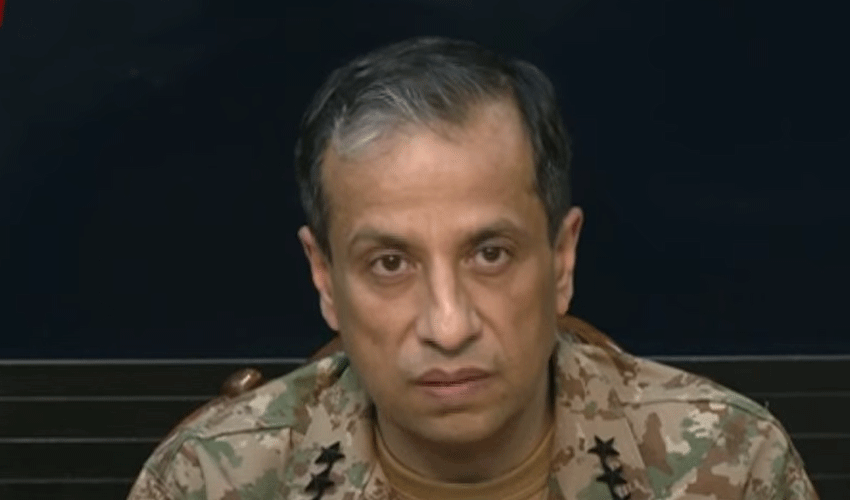ranian President Masoud Pezeshkian has firmly refuted allegations that Iran had plotted to assassinate US President-elect Donald Trump, calling the claims baseless and accusing external powers of stirring up "Iranophobia."
In an exclusive interview with NBC News, Pezeshkian dismissed the accusations, stating unequivocally, “None whatsoever,” when asked whether Iran had ever planned to kill Trump.
He stressed that Tehran had never pursued such an action, nor would it in the future. "We have never attempted this to begin with, and we never will," Pezeshkian added.
The statement comes in response to charges filed by the US Justice Department in November 2024, which accused an Iranian national of being involved in a plot allegedly orchestrated by Iran’s Revolutionary Guard Corps to assassinate Trump.
US authorities claimed that the plot was foiled by law enforcement before any action could be taken. Furthermore, the Justice Department accused two additional individuals of targeting an Iranian-American journalist critical of Tehran.
The alleged assassination plot was said to be part of Iran’s efforts to avenge the death of General Qasem Soleimani, killed in a US drone strike ordered by Trump in 2020.
In response, the Iranian government has consistently denied any involvement in such activities. Pezeshkian described the accusations as part of a broader campaign by Israel and other nations to foment hostility towards Iran.
"Iran is open to dialogue," Pezeshkian said, stressing that the issue lies not in communication, but in the fulfillment of commitments arising from negotiations. He recalled previous instances where Tehran had engaged in talks with Washington, only to see promises left unfulfilled.
"The problem we have is not in dialogue. It’s in the commitments that arise from talk and dialogue," he remarked.
This marks Pezeshkian's first major interview with foreign media since Trump's victory in the 2024 US presidential election. He reiterated Iran’s stance that the country has never sought to harm Trump, and pointed out that a written assurance was sent to the US in October 2024 via Swiss diplomats, assuring them of Iran's peaceful intentions.
Tensions between the US and Iran have been high, particularly during Trump’s first term, when he unilaterally withdrew from the 2015 nuclear agreement and reimposed heavy sanctions on Iran. Despite efforts by the Biden administration to revive the deal through indirect negotiations, relations have continued to deteriorate.
In addition to the assassination claims, Iran has also dismissed accusations of interfering in US affairs, including allegations of cyber operations. Tehran has repeatedly criticized the US for its interference in Iranian matters, citing events such as the 1953 coup that ousted Iranian Prime Minister Mohammad Mossadegh and the 2020 assassination of General Soleimani.



























